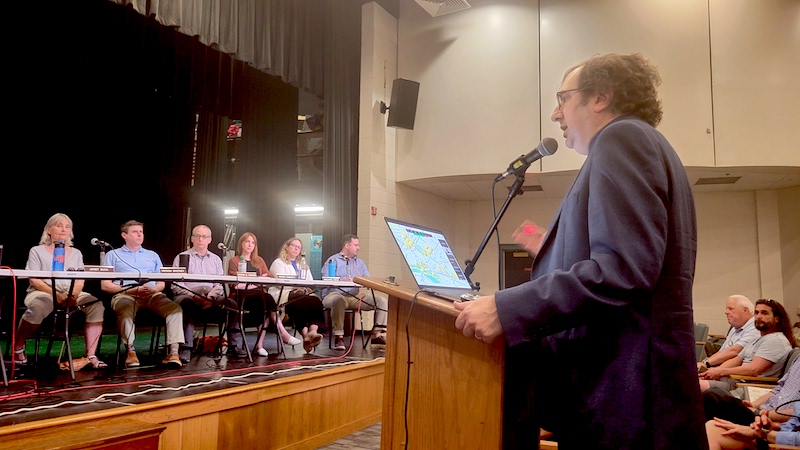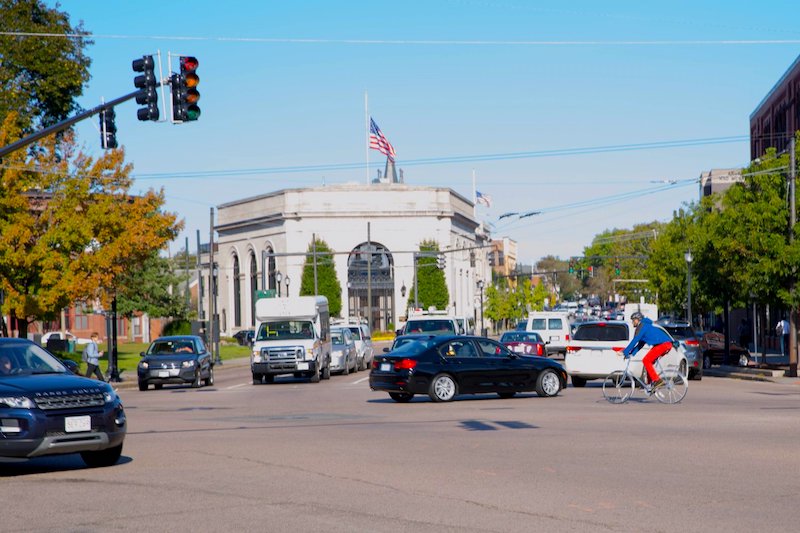Around Town
Chamber President Receives Housing Hero Award
|
Greg Reibman, president of the Charles River Regional Chamber. The following announcement was provided by the Massachusetts Housing Partnership:
Each year MHP honors individuals and communities for their hard work and unwavering commitment to supporting and furthering affordable housing. President and CEO of the Charles River Regional Chamber Greg Reibman has been selected as one of four recipients of this year’s Housing Hero award. MHP will present the award on day 2 of its Housing Institute training conference on Thursday, June 13 in Worcester.
Reibman has become known as the voice that people will listen to. He has built an exceptional level of support for housing, especially in the business community.






